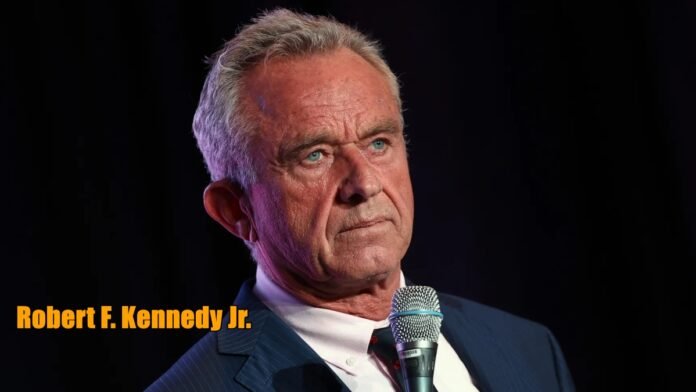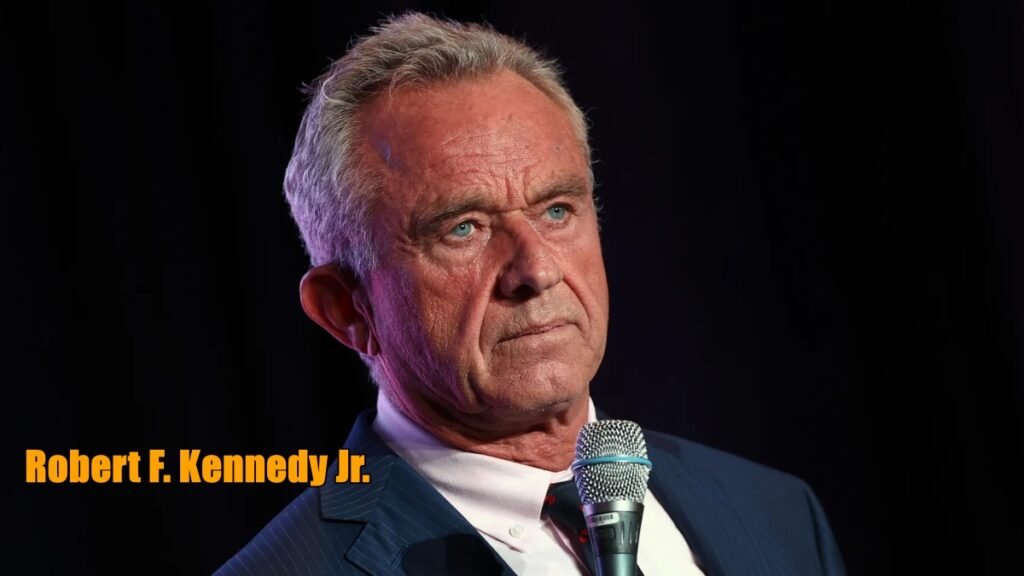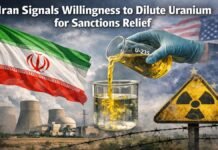
Washington D.C: President-elect Donald Trump has appointed Robert F. Kennedy Jr., a longtime advocate for health reform, to lead the U.S. Department of Health and Human Services (HHS). In a statement on social media platform X, Trump expressed his enthusiasm, calling Kennedy’s appointment a decisive step in addressing America’s health crisis. Trump’s message underscored an ambitious agenda for the agency, aiming to challenge the influence of pharmaceutical companies and industrial food producers on public health.
Trump emphasized, “For too long, Americans have been crushed by the industrial food complex and drug companies engaging in deception, misinformation, and disinformation when it comes to public health.” He asserted that Kennedy would prioritize the safety and health of Americans, particularly in reducing exposure to harmful chemicals, pollutants, and food additives that he believes have contributed to rising chronic illnesses.
The president-elect described Kennedy as the right figure to “restore these agencies to the traditions of gold-standard scientific research and transparency” while working to reverse the country’s chronic disease epidemic.
Who is Robert F. Kennedy Jr.?
Robert F. Kennedy Jr. is a prominent health advocate and environmental lawyer known for his criticism of vaccines and industrial farming practices. As the son of former Attorney General Robert F. Kennedy and nephew of President John F. Kennedy, he hails from one of the nation’s most iconic political families. Kennedy initially challenged President Joe Biden for the Democratic nomination before pursuing an independent campaign, which he ultimately suspended after negotiating a health policy role in a potential Trump administration.
His partnership with Trump grew as the two campaigned together, promoting shared views on health issues and gathering support in key states. Over the years, Kennedy has strongly criticized major commercial farms and the extensive use of herbicides, as well as the additives and preservatives prevalent in processed foods. His views have resonated widely on social media, particularly among health-conscious parents, fitness advocates, and influencers concerned with food safety.
A Polarizing Figure in Public Health
Kennedy’s most controversial stance remains his outspoken opposition to vaccines, particularly childhood immunizations. He has publicly questioned vaccine safety, a position that has drawn significant criticism from health authorities and researchers who emphasize the essential role of vaccines in preventing infectious diseases. In interviews, Kennedy has claimed, contrary to scientific consensus, that vaccines may contribute to developmental conditions such as autism, a theory debunked by numerous studies.
In addition to his anti-vaccine stance, Kennedy has called for the U.S. to adopt food regulations similar to Europe’s, arguing that America’s obesity and chronic disease rates are partly due to lax food safety standards. His emphasis on removing unhealthy ingredients has gained traction among parents and health advocates, positioning him as a unique voice in public health reform.

A Shift in U.S. Health Policy?
Kennedy’s appointment signals a possible shift in federal health policies that could impact several areas, including pharmaceutical regulations, processed food standards, and potentially the guidance on vaccines. HHS, under Kennedy’s leadership, may prioritize transparency and stricter regulations for food and drug companies, in line with his stated goals of protecting public health from commercial interests.
While Kennedy’s unconventional perspectives have stirred debate, Trump’s choice reflects his commitment to revamping HHS. Together, they aim to redefine American health policy, with a focus on making “America Great and Healthy Again.”


















































